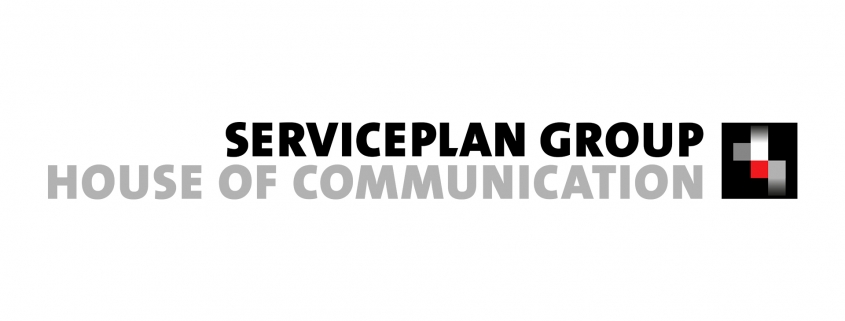On 16th May 2014, the people of India breathed a heavy sigh of relief. As the result of the largest election in the world surfaced, +1.2 billion Indians were relieved that after 30 years of fractured mandates, a single majority party had finally come to power – one which would not need the support of allies on every single issue and therefore decisively rule the country.
After 10 years of Congress misrule, the people of India finally overthrew the incompetent incumbent government into the fire of accountability. The grand old party of India, the Indian National Congress had tasted its worst defeat in a general election going up against a resurgent BJP, led by the charismatic Chief Minister of Gujarat – Narendra Modi, who had led his state on the path of rapid and inclusive development.
And it seems that it’s not just the Indian voters who are deeply interested in results. For quite some time now corporates in India are relooking at their advertising spends and asking questions of their agencies. No wonder in the last few years Return on Investment (ROI) has become quite the buzzword in our industry.
In a scenario where media budgets seem to be getting tighter with each passing year and the clients’ affinity for everything “online” increases exponentially, our job as advertising professionals and brand custodians is to guide them in these difficult economic times where it’s tempting for them to focus solely on costs. With the research available at our disposal we should educate the client about the pitfalls of putting all their eggs in one basket. After all, no media campaign should be judged only on the basis of cost and spread (or for that matter ‘likes’ and ‘shares’). Our accountability lies in not only delivering the most creative and impactful brand communication, but also planning and recommending to the client the most effective media mix that will result in maximum ROI for their advertising spend.
In the end, I conclude that accountability and ROI are the need of the hour, but we must remind the clients: “a man who stops advertising to save money is like a man who stops a clock to save time.”

